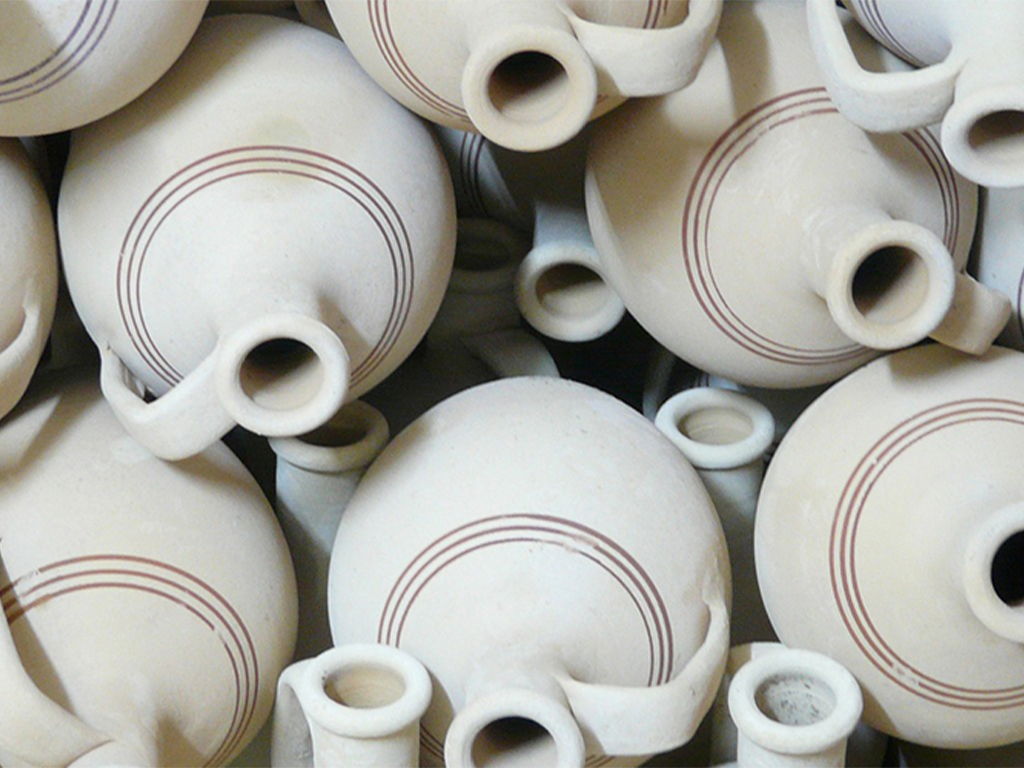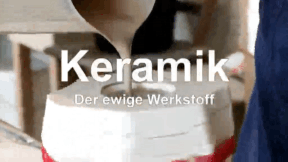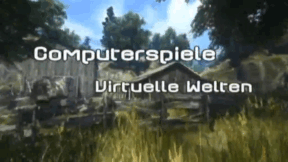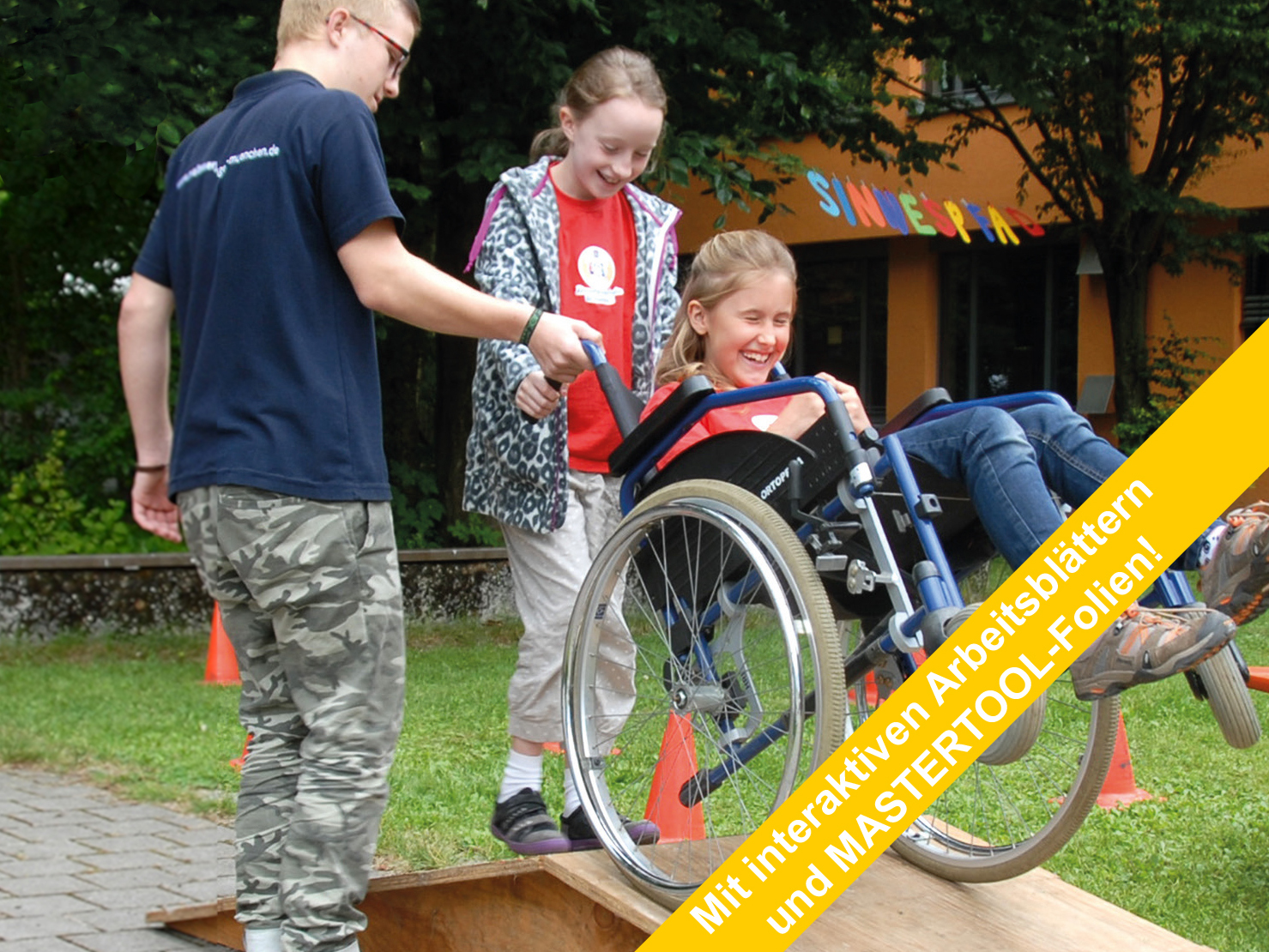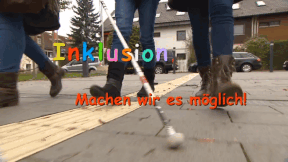 Society
Society


46503502 / 55502976
Fake News
Glaubwürdigkeit in den Medien
Otto von Bismarck sagte einst: „Es wird niemals so viel gelogen wie vor der Wahl, während des Krieges und nach der Jagd.“ Auch er selbst nutzte gefälschte Nachrichten, heute nennt man sie „Fake News“, um einen politischen oder strategischen Vorteil zu erlangen. Der Film untersucht das Phänomen der „Fake News“ zunächst aus historischer, dann aus gesellschaftlicher Perspektive. Ein Schwerpunkt des Filmes, in dem zahlreiche Politiker:innen zu Wort kommen, ist das Erkennen von „Fake News“, die mit den sozialen Medien ungeheure Verbreitung erfahren und, man sieht es in der Corona-Pandemie, auch ungeheure Sprengkraft entfalten können. In Verbindung mit dem umfangreichen Zusatzmaterial (Arbeitsblätter, Testfragen, Glossar, interaktive Aufgaben) lässt sich das Medium hervorragend im Unterricht verwenden. Testfragen, Glossar und interaktive Aufgaben wurden mit H5P erstellt und können ohne weitere Software verwendet werden.
Play trailer

Curriculum-centred and oriented towards educational standards
Matching
Ceramic
Ceramics are indispensable in our everyday lives. We eat from ceramic plates, drink from ceramic cups, use tiled ceramic bathrooms. But how is ceramic manufactured? The film reveals the secrets of this fascinating material! We get to know more about the beginnings of ceramic in the Old World of Egypt and Mesopotamia, about Greece, China and Rome. We gain interesting insights into the valuable earthenware and are also shown the exquisite further development of the "white gold". Today this versatile material is irreplaceable in industry, too. Whether in space or as an easily compatible substitute in medicine, ceramic is applied in many places.
Computer Games
This film covers the topic of computer games in a variety of ways and from many different angles. Apart from the fascina- tion of computer games for users, the historical development as well as the production of computer games are described. The established genres are introduced, the guidelines of the German BPjM are explained. In light of recent public discussions, a neutral overview of the pros and cons of playing computer games is given, and different kinds of player behaviour are outlined. In this film, the pupils will recognise many aspects of their favourite pastime that encourage an independent, constructive use of this medium and reinforce their media competency. The film and teaching material are very closely related to the real-life situation.
Inclusion
Madita is eleven and blind. She does not want to go to a special school but to a regular grammar school. She says she feels "normal" there. Jonathan is eight and has a walking disability. He likes going to the school where he lives. Here, his best friend sits next to him. Max Dimpflmeier, a teacher who is severely deaf, explains that school life is not easy. Quote Max Dimpflmeier: "You don't want to attract attention, you want to avoid saying that it is necessary for you that 70 people adjust to your situation." People on their way to inclusion.




